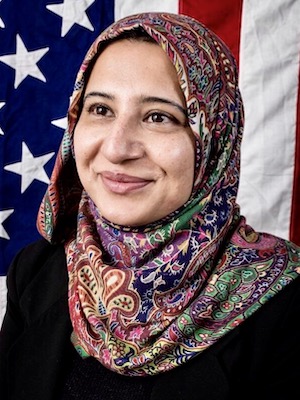
Ten days after the devastating earthquake in Turkey and Syria, the voices of the thousands who remain buried under the rubble are becoming quiet.
They waited to be pulled out, but the lack of heavy equipment, difficult access to the affected areas, and challenges with international aid contributed to the fact that many will never see the light of the day again.
On February 6, 2023, a powerful 7.8 magnitude earthquake, with a series of strong tremors and aftershocks, devastated southeast Turkey and northwest Syria. The death toll has passed 41,000 and continues to rise, while millions need humanitarian aid.
It took four to five days before the first convoy of six trucks from the United Nations arrived in Syria, carrying desperately needed relief supplies, including food, water, shelter and cleaning essentials.
Since then, aid has been infrequent and sparse in Syrian territory, which was already in much need of aid before the earthquake hit the region.
Twelve years of war, conflict and refugee crisis has ravaged this area. Over 6.5 million children are in need of aid due to war, and the earthquake added misery to the ongoing crisis.
The northwestern region of Syria is a rebel-held region with little access to aid that comes through Turkey. The needs are urgent and tremendous, and the response from the world community remains slow and poor, causing a serious concern for the welfare of people in that region.
Hundreds of thousands of children and their families are homeless, with bitter winter weather placing them at great risk of hypothermia as they struggle to survive in sub-zero temperatures.
Children are also at risk of exposure to waterborne diseases, such as cholera and Hepatitis A, due to the damage to shelters and water infrastructure. On top of that, many children whose parents have died are now vulnerable to family separation, exploitation and abuse.
Aya, born during this catastrophe and found under the rubble tied to her mother with the umbilical cord, was the only survivor in the family. Many more children with fractured skulls and broken spines share hospital beds and wait for the world to turn toward them.
As the time passes and the buried voices under the rubble start fading away in silence, I wonder about our role in all this.
Have we forgotten about the trapped children and families in northwestern Syria? Or are we choosing to ignore and not care because we cannot overcome our differences with them?
The Syrian northwestern region, controlled by the rebels, is the most devastated area in the country. This was true even before the earthquake.
People are living on the streets and in IDP camps in this severe cold because their homes have been demolished during the ongoing conflict. Aid efforts are minimal because borders between northwest Syria and Turkey have been effectively closed since 2015.
These internally displaced folks cannot move to other places and aid that is coming to them is sparse. The current political dynamics have wasted precious time to get the relief efforts, especially rescue vehicles and heavy machinery to the region.
And now after the earthquake, the situation has become even worse. We need more crossings to be opened into the northwestern region, more aid going in, and more funds from the international community channeled into relief efforts. We must do whatever we can for those who are trapped in northwestern Syria.
There will be a time and place to ask the questions of how we got here, but for now, we need to realize that our brothers and sisters in humanity need us urgently. The 6.5 million children in northwest Syria need us and, most importantly, as people of faith, we need them as much as they need us.
As people of faith, we are called to love the stranger and to find common humanity with them. Love is a big ask, but we can at least start by donating money and talking about these forsaken children and families to raise awareness about their situation.
For those who are willing to help, these are a few great organizations, among many others, who are present on the ground and providing lifesaving support to the victims.
SAMS is a non-religious, non-political medical relief organization providing services free of charge to every patient in Syria.
The International Rescue Committee teams are on the ground and working tirelessly to ensure the safety and well-being of those affected.
The Syrian Emergency Task Force was formed to bring an end to the killing and war crimes in Syria. They have been working on the ground for over 10 years and saving lives through humanitarian initiatives.
I hope and pray that we will not have to live with the sounds of the dying whispers and the blood of the trapped victims of the earthquake on our hands. Their lives are no less precious, and their breath is no less valuable, than those who fit our vision of the future in the region.

